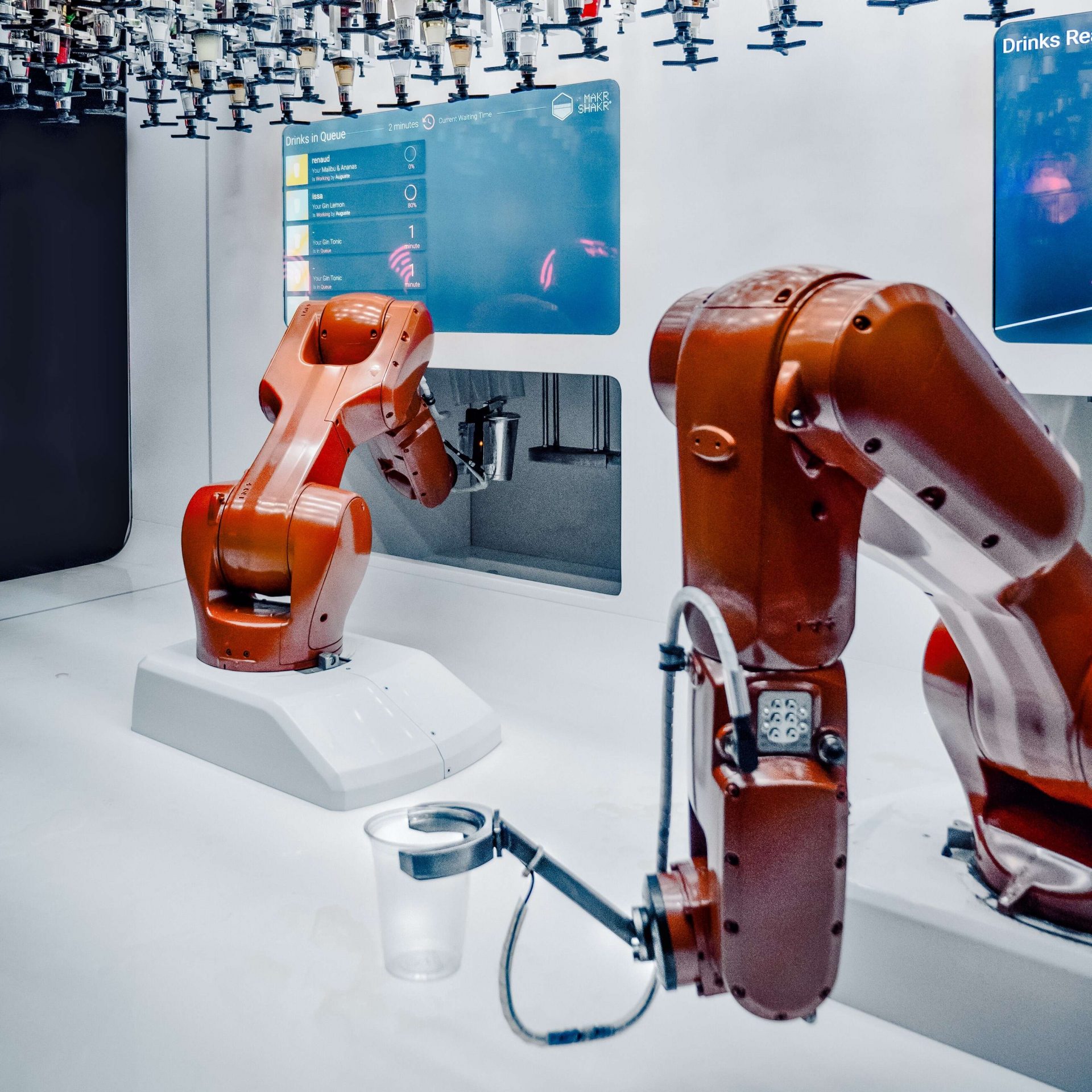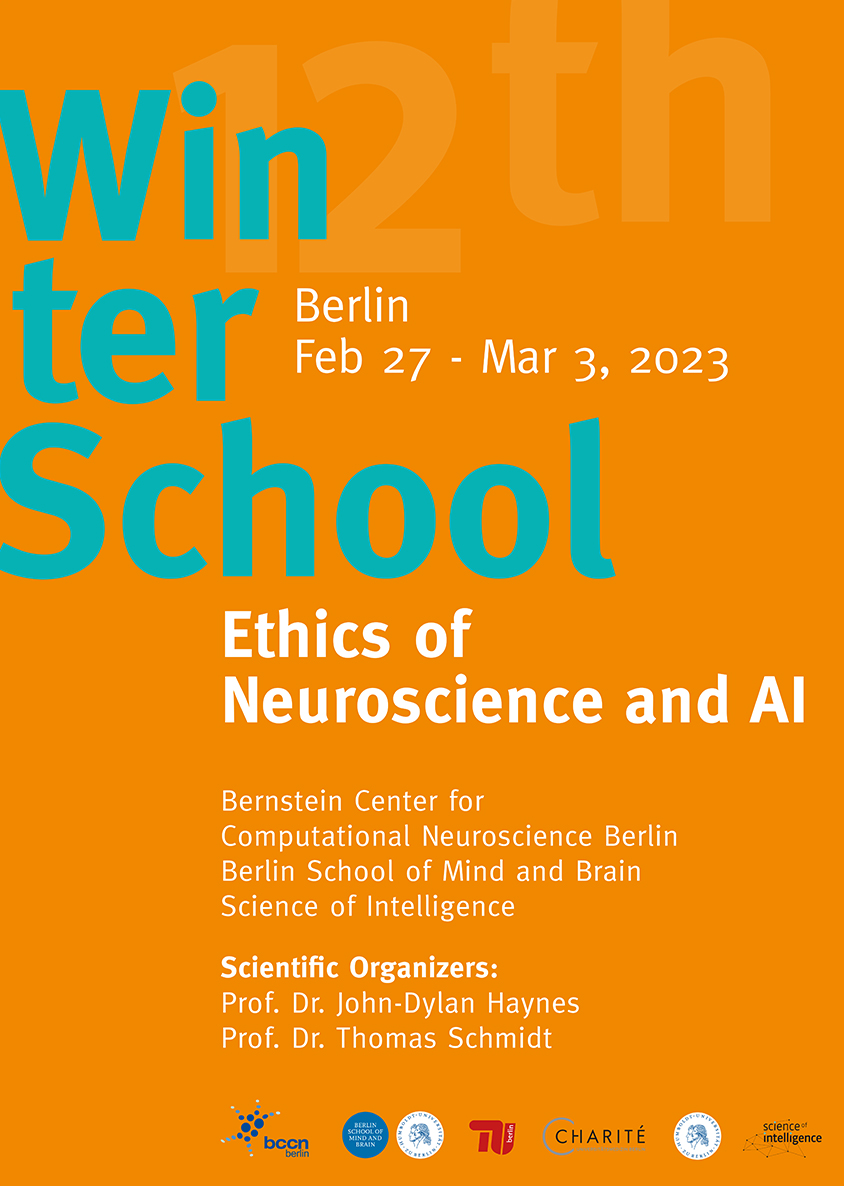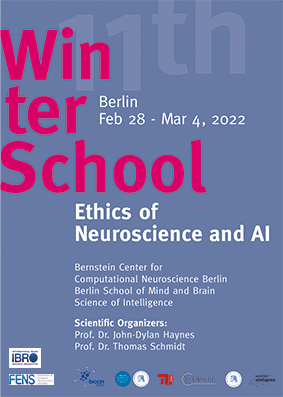David Garzón Ramos (Université Libre de Bruxelles), “Automatic design of robot swarms: context and experiments”
Abstract: Swarm robotics is a promising approach to the coordination of large groups of robots. Traditionally, the design of collective behaviors for robot swarms has been an iterative manual process: a human designer manually refines the control software of the individual robots until the desired collective behavior emerges. In this talk, I discuss automatic design
















